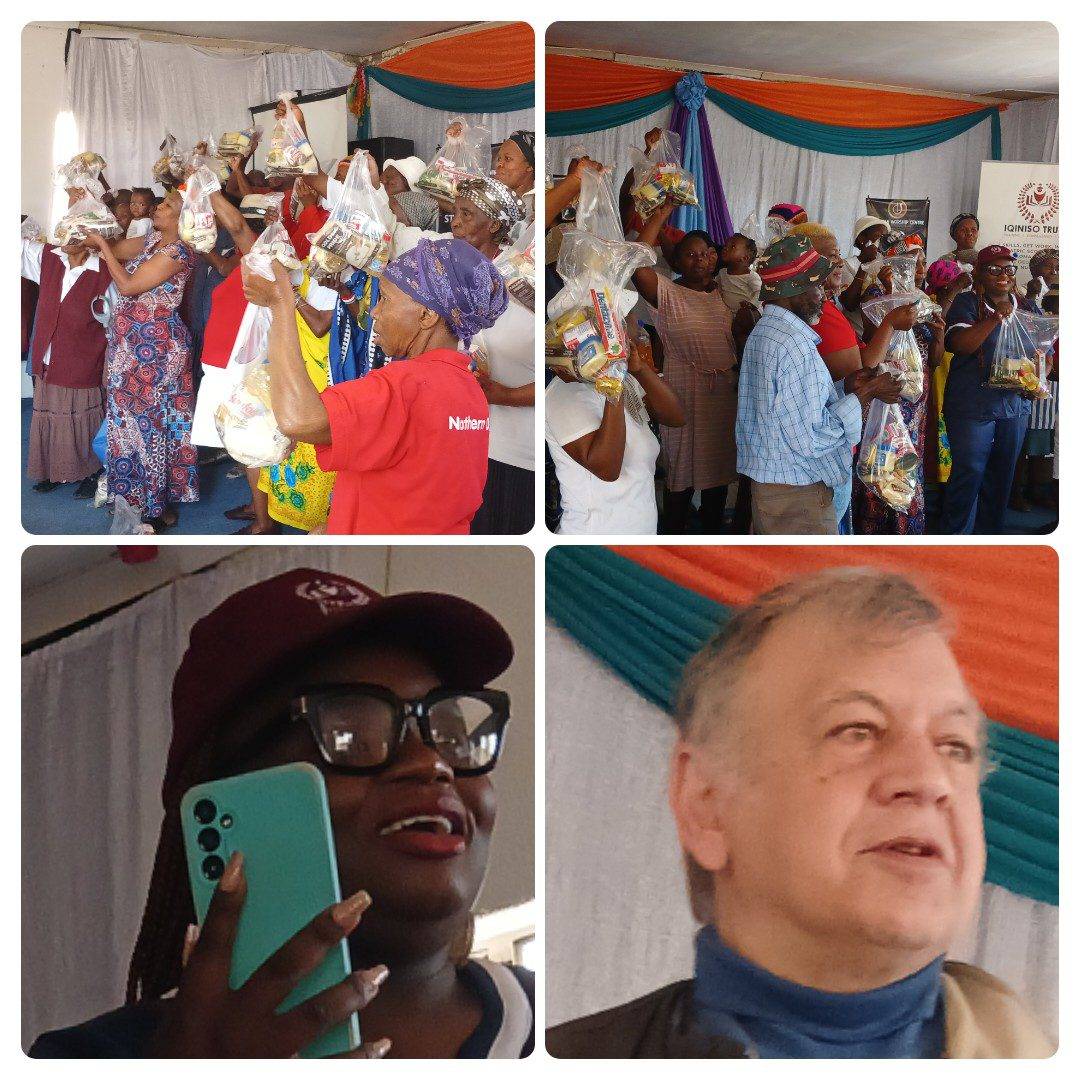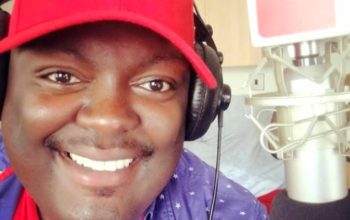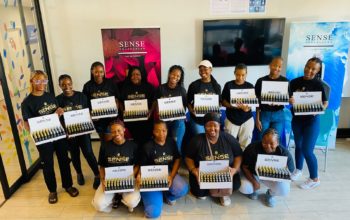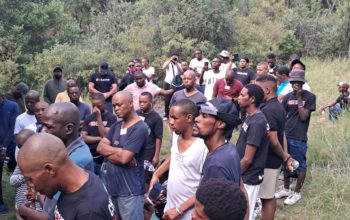By Jonk wa Mashamba
news@alexreporter.co.za
The Elderly and Child Care Worker, Mildred Molubi (39), addressed many challenges faced by the elderly during Alzheimer’s World Day held at Alexandra Full Church.
Molubi, accredited by Department of Social Development( DSD) and Hwseta, is a national master trainer at Iqiniso Truth Nursing College and project manager of OCSA Alexandra Welfare Society.
She said, based on her assessment when she visited the elderly at their homes around Alex, she found that many of them were abused by their children or grand-children.
The philanthropiat said the abuse were happening because gogos were unable to defend themselves. She encouraged the community to report anything associated with abuse irrespective of relationships with the victims.
“The ones who were supposed to look after you, dump you with their kids and abuse you. Because you raise them, they were suppose to look after you,” she said, adding that the church was open was ready to help them.
“Gogos have burdens because when they speak, they are abused. I don’t want that to happen in my presence. God loves the elderly, because they have wisdom.”
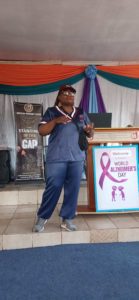
She said as people grow, they become victims of Dementia, an illness that causes one to lose memory. She said when gogos forget things and find themselves doing things they were not supposed to do, they were suspected of witchcraft.
” Dementia makes someone not to remember time, date and misplace things. Let’s understand our elderly because they change in personality as they grow.”
She said they change from loving people into hating them, adding that the disease can affect bones and make them to be less creative.
She said there were many cases whereby gogos were accused of witchcraft because of Alzheimer’s.
According to Molubi, these are the symptoms of Alzheimer’s: Confusion with time and location, difficulty completing familiar tasks, misplacing items, difficulty solving problems, memory loss, withdrawal from social activities, poor judgement, unfounded emotions, trouble with images and spaces and difficulty with words.
The event, graced by Pastor Les Sanabria; national Director of OCSA, amongst others, saw the community members who attended being given food parcels.
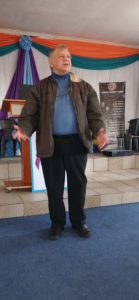
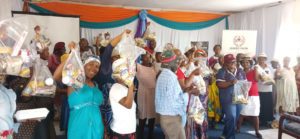
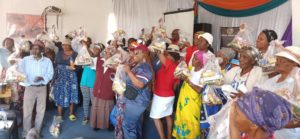
The Department of Social Development also joined the world in commemorating World Alzheimer’s Day, which is observed globally. This year it was held under the theme: “Closing the Circle: Addressing Gender-Based Violence (GBV) in Older Age Policy, Law and Evidence-based Responses”.
The department of social development said it recommits itself in playing a significant role in providing support, care, and services to people with Alzheimer’s and Dementia and their families across the country.
The department’s spokesperson, Lumka Oliphant , said the day was set aside to raise awareness and challenge the stigma surrounding Alzheimer’s and Dementia.
She said the campaign aimed to underscore the pivotal role of identifying risk factors and adopting proactive risk reduction measures to delay, and potentially even prevent, the onset of dementia.
World Alzheimer’s Day, is an international event, always held on the 21st of September of each year in September and run by Alzheimer’s Disease International, (ADI).
The day aims to educate the public, support caregivers, and advocate for better understanding and treatment of Alzheimer’s. It provides an opportunity to promote early detection, encourage research, and reduce the stigma surrounding the disease.
Additionally, the day provides an opportunity for communities to promote a better understanding of the diseases by raising awareness of the cultural, social, economic and demographic processes affecting older persons.
On this day, government, organisations, and key stakeholders that deliver services to people with Alzheimer’s around the world concentrate their efforts on raising awareness about Alzheimer’s and Dementia.
“Alzheimer’s affects the brain and leads to eventual death of nerve cells and loss of brain tissue, which is regarded as the most common cause of Dementia. Of significance to note, is that every 68 seconds, someone develops Alzheimer’s disease.
“Alzheimer’s disease is often called a family disease because the chronic stress of watching a loved one slowly decline affects everyone. With the increases in life spans, support for Alzheimer’s research is more critical to our families than ever.
“Conversely, Dementia includes a set of symptoms which are caused by various diseases (for example Alzheimer’s), but they are not a disease by themselves,” said Oliphant.
As of 2013, there were an estimated 44.4 million people with dementia worldwide. This number will increase to an estimated 75.6 million in 2030, and 135.5 million in 2050. Already 62% of people with dementia live in developing countries, but by 2050 this will rise to 71%.
According to South Africa’s 2011 census, there are approximately 2.2 million people in South Africa with some form of dementia.
Across a few of the provinces, and some parts specially, there is a growing percentage of older persons who continue to be targeted and burned or killed and made to leave their communities due to accusations of witchcraft which is a prevalent stigma associated with Alzheimer’s and Dementia in the country.
“The department appeals to communities to protect and care for older persons,” she said.

